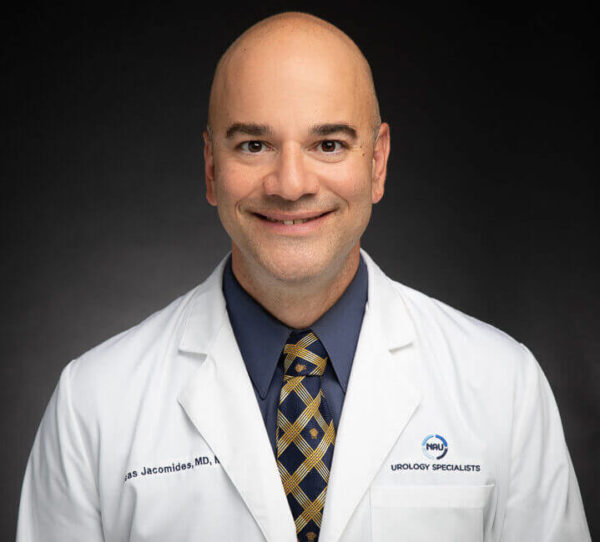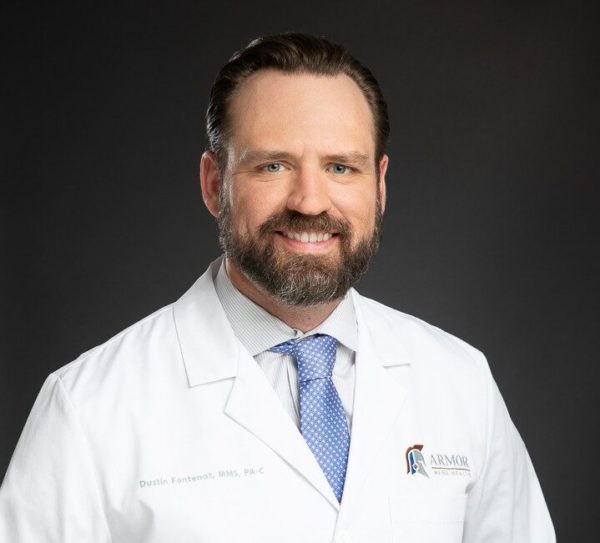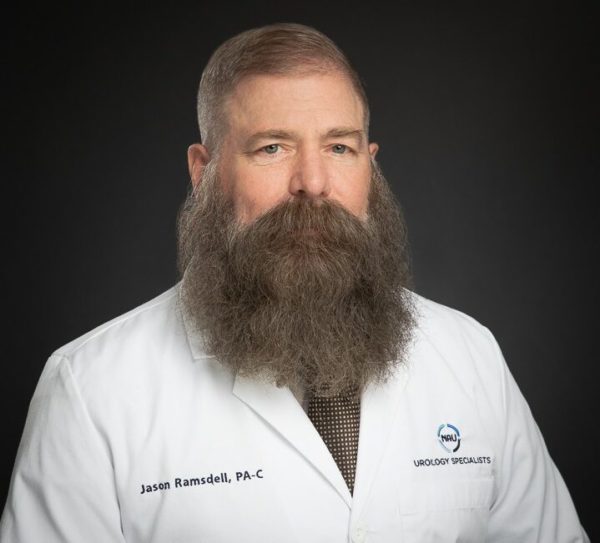
You’ve probably heard the warnings a hundred times. If you have prostate cancer, testosterone is like pouring gasoline on a fire. It’s a scary thought, and for decades, this was the accepted wisdom in medicine.
But what if I told you that story is not the whole truth? The connection between testosterone and prostate cancer is far more complex than that simple, terrifying idea. You deserve to understand what the science really says today.
So, let’s talk about it. Let’s clear up the confusion surrounding testosterone and prostate cancer so you can make decisions that feel right for you.
The Old Story We Were All Told About Testosterone
The fear linking testosterone to prostate cancer didn’t come out of nowhere. It started almost a century ago with a groundbreaking discovery. Doctors found that if a man had prostate cancer that had spread, removing his testicles dramatically slowed the cancer down.
Since testicles make most of the body’s testosterone, the logic seemed simple. If taking testosterone away helped, then adding it must be dangerous. This one idea shaped how doctors treated patients for generations.
But medicine doesn’t stand still. What we’ve learned since then has completely changed the conversation.
A New Chapter: How We Think About Testosterone Today
Imagine going to an all-you-can-eat buffet. You eat until you’re full, and then you stop. Putting more food on the buffet doesn’t make you eat any more, because you’ve had enough.
Prostate cancer cells seem to work in a similar way with testosterone. They use testosterone to grow, but only up to a certain point. This is called the saturation model, a concept that researchers have studied extensively.
Once the cancer cells have absorbed a small amount of testosterone, giving them more doesn’t really speed up their growth. This simple idea has opened up entirely new possibilities for men’s health.
The Surprising Link Between Low Testosterone and Prostate Cancer Risk
Here’s where things get really interesting. You’d think that having high testosterone would put you at greater risk. But a lot of modern research points in the opposite direction.
Studies actually show that men with very low testosterone levels may have a higher chance of being diagnosed with prostate cancer. Not only that, but the cancer they have is often a more aggressive type. This completely turns the old thinking on its head.
It suggests that a healthy, normal level of testosterone might actually be protective. It’s a complicated relationship, but it’s clear the old black-and-white rules no longer apply.
Is TRT Safe After Prostate Cancer Treatment?
So, what does this mean for you, especially if you’ve already been treated for prostate cancer? You might be feeling miserable with symptoms of low testosterone. Things like fatigue, no sex drive, and loss of muscle mass can really hurt your quality of life.
For a long time, testosterone replacement therapy (TRT) was off the table. But today, many urologists believe it’s a safe option for men who’ve had successful treatment like surgery or radiation. Your happiness and well being matter.
The goal is to help you feel like yourself again. This is done with careful observation and a plan that you and your doctor agree on. Make sure to consult with your physician for the best care for you.
What About Men with an Active, Low-Risk Cancer?
What if you have a very small, non-dangerous cancer that you and your doctor are just watching closely? This approach is called active surveillance. Even in this situation, starting testosterone therapy isn’t automatically a no.
With very close monitoring, some men can safely take testosterone to improve their symptoms. It’s about weighing the benefits to your daily life against any potential risks. An open conversation with your specialist is the first step.
How Doctors Monitor Men on Testosterone with a History of Prostate Cancer
Starting testosterone therapy isn’t a one-and-done deal. It’s a partnership with your doctor that involves consistent monitoring. This is what helps keep you safe and gives you peace of mind.
Typically, you can expect to have your PSA levels checked about every three months. This regular testing helps your doctor spot any changes early on. It makes sure that the treatment is helping you without causing any problems.
Your doctor will also follow a principle called the “lowest effective dose.” The point isn’t to get your testosterone levels sky-high. It’s about finding the smallest amount that helps you with your symptoms, whether that’s better energy, sex drive, or mood.
There are also many ways to get testosterone, including:
- Injections
- Gels or creams
- Pellets inserted under the skin
- Pills
- Sublingual troches that dissolve under the tongue
This variety lets you and your doctor find an option that fits your life perfectly. It’s all about a personalized approach to your health.
Shared Decisions: Finding a Doctor Who Understands You
Ultimately, your health journey is yours. It’s about what the American Cancer Society refers to as shared decision-making. You and your doctor should be a team, making choices together that align with your goals for your life.
Not all doctors feel the same way about this topic. Some are still very much against giving testosterone to anyone with a history of prostate cancer. If you feel like you aren’t being heard, you always have the right to get a second opinion.
Look for a urologist who stays up to date on the latest research and is open to a discussion. Every person is different. What’s right for one 70-year-old may be totally wrong for another, and your doctor should recognize that.
Conclusion
The conversation about testosterone and prostate cancer has changed for the better. We’ve moved away from a simple, fear-based rule to a more balanced and personalized understanding. We now know that the old belief that testosterone is like fuel for a fire is just too simple for a complex issue.
For many men, living a full life with good energy and drive is possible, even with a history of prostate cancer. A safe path forward requires a knowledgeable doctor, close monitoring, and open communication. The relationship between testosterone and prostate cancer is no longer a closed door, but a topic for an important conversation.












